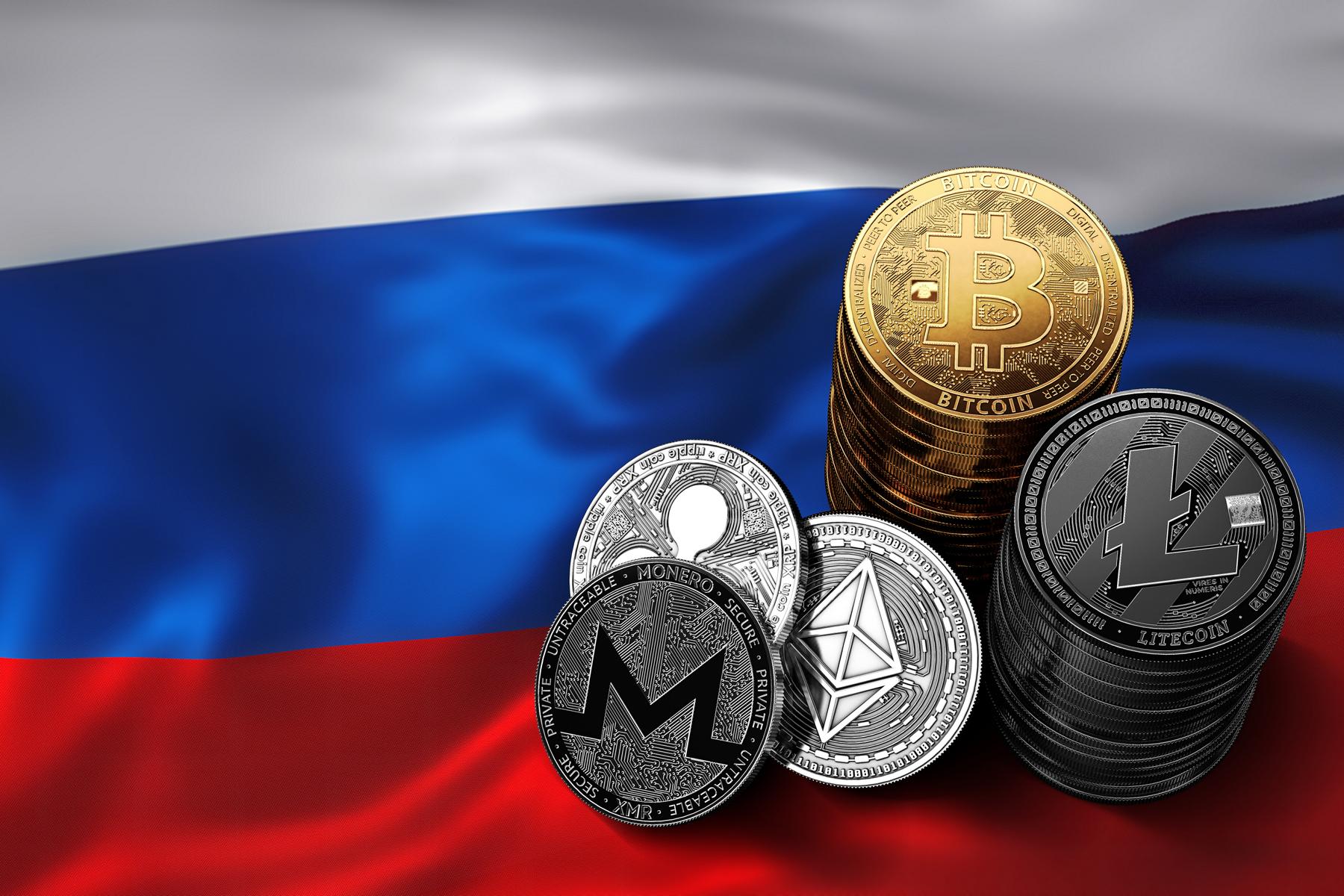
The Russian government has approved crypto mining restrictions in a list of regions and territories. According to the local news agency TASS, crypto mining will remain restricted in 10 regions from January 1, 2025, to March 15, 2031.
These restrictions align with Russia’s crypto mining regulations, which the president signed in August and October 2024.
The 10 regions to see a complete ban for six years include Donetsk. Lugansk People’s Republics, Zaporizhzhia, Kherson, Chechnya, North Ossetia, Ingushetia, Kabardino-Balkaria, Karachay-Cherkessia, and Dagestan.
According to the report, the ban will impact individual crypto mining and mining pool operations. Besides these restrictions, Russia will introduce a seasonal ban in some regions during peak energy consumption periods. The regions that experience these temporary restrictions during winter include certain areas of Irkutsk, Buryatia, and Zabaikalsky.
These seasonal restrictions will apply in 2025 from January 1 to March 15. In the following years, it will extend to a longer period, from November 15 to March 15.
Russia’s Cabinet of Ministers said the list of regions and territories is subject to change in response to the government’s findings on electric power development challenges. Such limitations are intended to preserve the equilibrium of energy use while accounting for industry demands.
The latest mining restrictions in Russia are an improved version of an earlier one proposed by the government in November. Initially, lawmakers intended to ban crypto mining in 13 regions, including Irkutsk, Russia’s key mining region.
Major Russian mining companies like BitRiver rely on cheap electricity in Irkutsk. Local sources revealed that the Irkutsk region hosts the first and largest data center by BitRiver, which was launched in 2019 in Bratsk.
CNF reported in October that Russia imposed stricter control over crypto mining, allowing only registered entities to mine. This new legislation minimizes illicit behavior, particularly money laundering and terrorist financing.
Additionally, these guidelines required miners to report their revenue and digital currency holdings to Rosfinmonitoring, Russia’s financial monitoring body.
Russia legalized crypto mining in November 2024. However, individuals and businesses must ensure that information about the assets received and the addresses of crypto wallets are provided to the Federal Tax Service (FTS).
The FTS launched a service for entering data into the register of miners on November 1, which is mandatory for individual entrepreneurs and legal entities. Individuals can receive digital currency within 6 thousand kWh per month.
Following crypto mining legalization in Russia, the Federation Council passed a bill to tax mining activities, as disclosed in a CNF update. The bill specifies that income from mining activities will be taxed based on its market value at receipt. Furthermore, the legislation mandates crypto-mining infrastructure operators to report client information to tax authorities.
Godfrey Benjamin is an experienced crypto journalist whose primary goal is to educate everyone about the prospects of Web 3.0. His love for crypto was sparked during his time as a former banker when he recognized the clear advantages of decentralized money over traditional payments. Business Email: info@crypto-news-flash.com Phone: +49 160 92211628
About us
Contact us
Editorial Guidelines
Terms of Use
Legals
Data protection policy
Cookie Policy
*= Affiliate-Link
Type above and press Enter to search. Press Esc to cancel.
